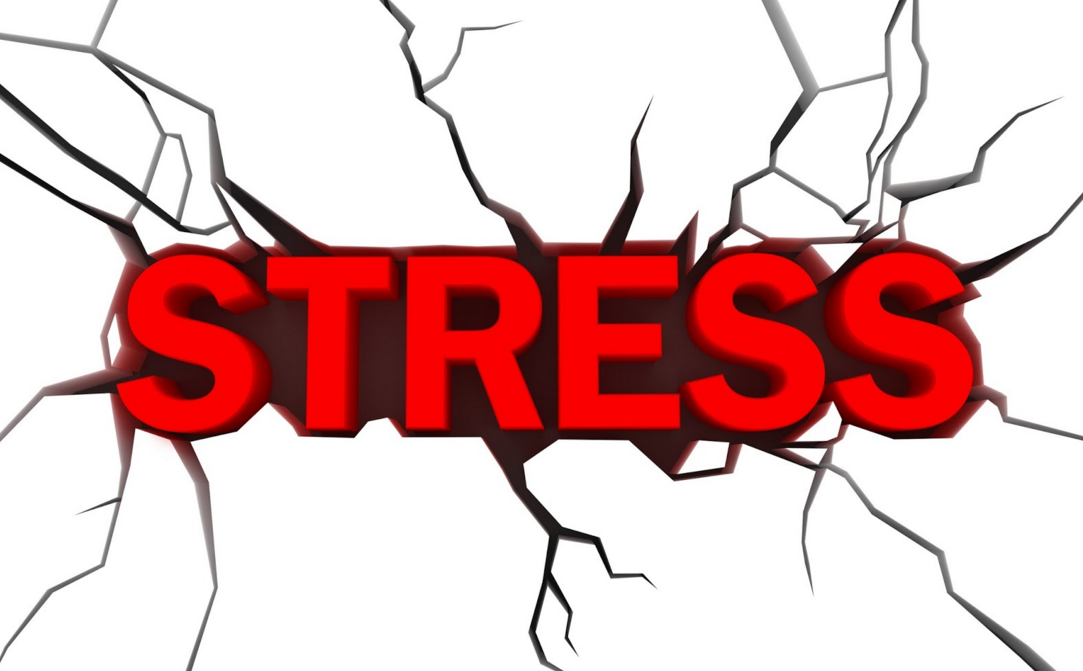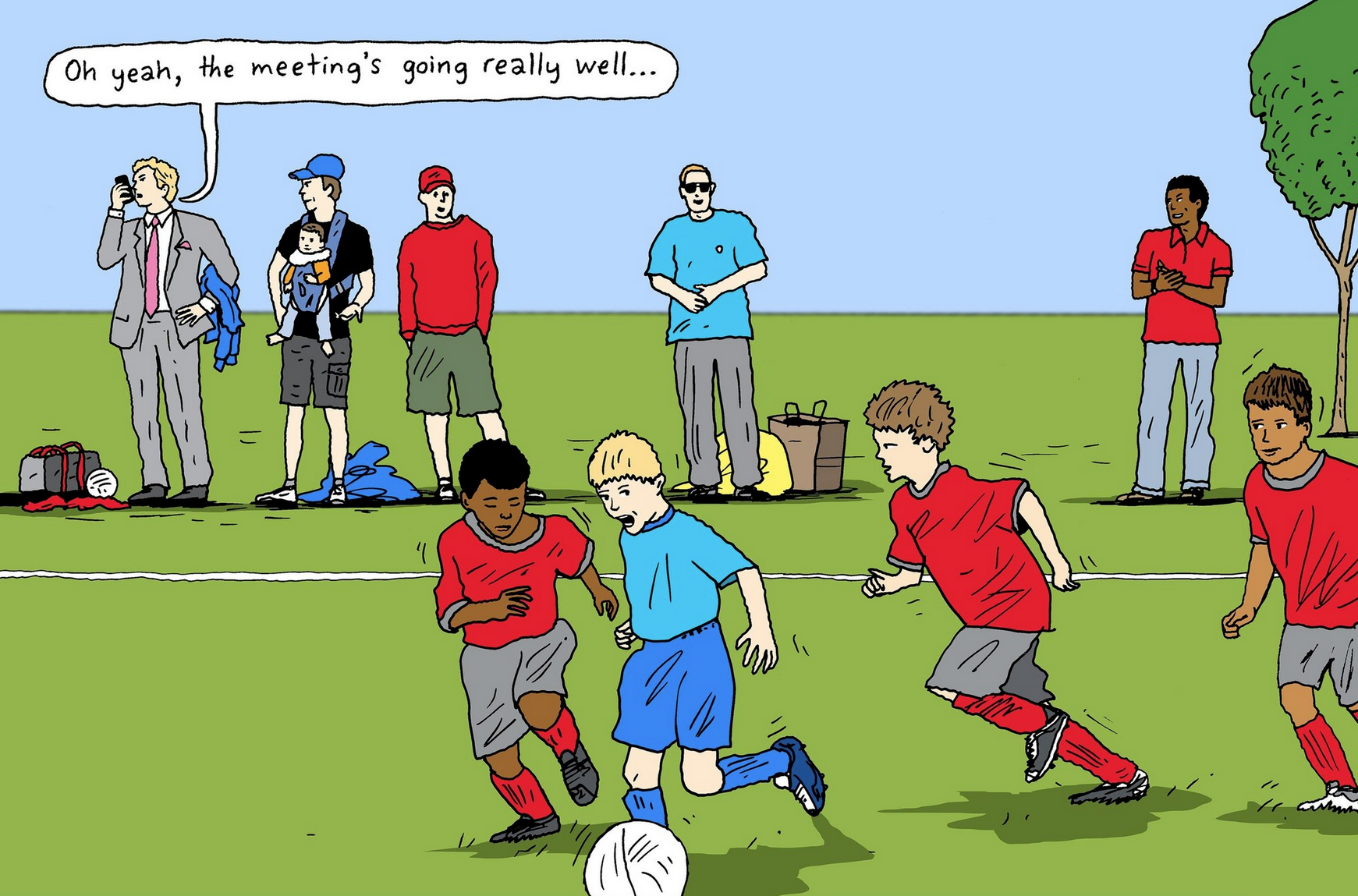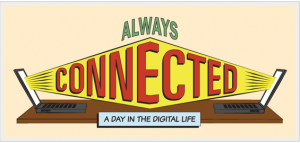Many people who enter psychotherapy today aren’t helped at all. Some end up more troubled than when they began treatment. And ironically, some therapists are examples of the kinds of problems they’re trying to treat. In this post I explain why that is and how to become a more informed�consumer when considering psychotherapy.
The popularity of the TV show “In Treatment” is one indicator that there’s a large, market for psychotherapy, today. Despite the decline of the more orthodox psychoanalytic treatment – the kind that Daphne Merkin described in a recent�New York Times article about her years in treatment – people continue to seek competent professional help for dealing with and resolving the enormous emotional challenges and conflicts that impact so many lives in current times. Beyond healing, they want to grow their capacity for healthy relationships and successful lives.
Many skilled and competent therapists are out there. (I use term “therapist” to describe psychologists, psychiatrists and clinical social workers – professionally trained and licensed practitioners.) Moreover, research shows that psychotherapy can be very effective. Either alone, or sometimes in combination with the judicious use of�medication.
Yet so often practitioners don’t help people very much. Some struggle for years in therapy with one practitioner after another, and never seem to make any progress. Others resolve some conflicts, but then are hit with others that hadn’t been addressed.
I see three reasons for this situation. One is rooted in the�kind of people therapists tend to be today. Their personal values, social attitudes and how they relate to conventional norms and behavior contrast in several ways with those of the “pioneers” from Freud’s era. That contrast impedes effective help.
Then there are the�kinds of problems that people experience. They’ve evolved over the decades, but especially since 9-11 and the near-depression that began in the fall of 2008. But many therapists aren’t in synch with the impact of that shift. They fail to understand how�21st Century conditions impact emotional lives and conflicts. Many are clueless about how life in today’s world interweaves with the dysfunctions or family conflicts that patients bring with them into their adult lives.
The third reason is the therapists’ vision of the�goals of treatment; what a healthy outcome or resolution of conflicts should look like, and how to get there. Many remain stuck within an older model – helping patients better manage, cope with or adjust to change and�traumas; build�resilience and restore equilibrium. But that’s no longer possible: Our�new environment is one of “non-equilibrium” and unpredictability. That creates new emotional and life challenges across the board — for intimate relationships, careers and for engaging with a changing society – the “remix” that America is now becoming.
The Psychotherapist – Past and Present
The early analysts were pioneers, adventurous explores of uncharted terrain. They were trying to uncover how human�personality and�unconscious passions evolve within people to create symptoms and dysfunctions. They courageously risked their careers when they called attention to the impact of repressed�sexuality. Aside from the accuracy of early theories about the causes of emotional disturbance, the practitioners’ aim was to reduce suffering. They wanted to help people develop more love, reason and independence – albeit within the context of the norms of their era that they, themselves, accepted.
Moreover, most were well-read in literature, history and culture, more so than today’s practitioners. That gave them a broad outlook and perspective on life. For example, Freud’s writings are filled with references from Shakespeare, Goethe and other great works of literature, drama and mythology. He drew on their themes, plots and character portrayals to help illuminate and understand the motives and�moral dilemmas underlying his patients’ emotional problems.
Most contemporaries and followers of�Freud possessed a radical spirit. They wanted to uncover the truth beneath patient’s symptoms; see beneath the surface. They shared the view that successful treatment was based on a love of the truth; that is, emotional reality. And that it must preclude any kind of sham,�deception or illusion.
Of course, Freud and his contemporaries interpreted their patients’ problems in many ways that were flawed. They made assumptions about psychological health that were part of the prevailing values and norms of post-Victorian, early-20th Century society – a largely patriarchal culture. For example, most assumed that a normal, successful life derived from being well-adjusted to those norms.
Nevertheless, their spirit of truth-seeking, rooted in broad understanding of human culture, literature and history, has become lost. Today’s practitioners tend to be�technicians, looking for the right technique that will treat the patient’s symptoms. Many tend to be cautious, often disengaged and detached people in their manner and interactions with patients. They are largely ignorant of philosophical,�religious, cultural and socio-economic forces that shape people’s psychological development, especially those in non-Western societies. And yet, all of those forces in all parts of the globe profoundly impact how and why we learn to think and behave as we do. Much current world conflict reflects those differences that define what we think in “normal” or “disturbed.”
Many therapists today simply assume that adjusting to prevailing values and norms reflects psychological health. Now that’s desirable for those whose conflicts have disabled them from minimally successful functioning. But it misses the mark for those whose conflicts are linked with their successful adaptation to begin with. The therapist then fails to explore their patients’ definition of “success” – how it’s shaped their�career and life goals, their conflicts and disappointments.
Some therapists will spend inordinate time ferreting out tiny truths about the patient’s family and�childhood, without figuring out which have relevance to the person’s conflicts today, and which don’t. They may ignore the impact of trade-offs and compromises patients made as they created their sexual and intimate relationship patterns
Overall, today’s practitioners tend to�share in, rather than�critique and examine, the social norms, values and anxieties of today’s world. Too often, they uncritically accept good functioning per se, and conventional values like power-seeking, as psychologically healthy. This blinds them from recognizing that “normal” adjustment can mask repressed feelings of self-betrayal, self-criticism, and the desire to be freer, more alive. All of those longings can conflict with or oppose parental expectations or the pressures from social class membership.
Emotional Conflicts In Today’s World
People’s problems have evolved. Up through World War II and into the 1950s-early 60s symptoms that were more typical of Freud’s time — hysteria or specific phobias, for example – diminished. People wanted help for fitting in with the apparent paths to success and�happiness and for dealing with conflicts that interfered with or limited it. Therapy often addressed things like guilt, inhibition, the need for approval, and dealing with the conflicts generated by defined, rigid roles for men and women. Desires or longings that deviated too much from the prevailing norms were troublesome and created conflicts, often unconscious.
The popular TV show “Mad Men” is a good portrayal of conflicts of that era, especially issues of�identity, longing for an authentic self and�gender�roles. At the same time, the men enjoyed the surface appearance of power and control. And women chafed against the limits imposed by gender roles, as the women’s movement began to arise.
The period of social upheaval of the late 60s and 70s created more openly conscious conflict and struggle for many people. The theme, here, was seeking more freedom from oppressive relationships and social constraints. Some therapists were able to address these issues in helpful ways. But others were bound by their own uncritical embrace of the very norms their patients wanted help to free themselves from.
Partly because of that disconnect, many�psychotherapy patients were attracted to the vision of personal development offered by the rising “new age” movement, although its gurus generally lacked any depth of understanding about emotional conflicts or psychological development.
Then, from the 1980s to about 2000 more men and women sought help to create more personally fulfilling, engaged relationships, and more personal meaning from their work. The�costs and limits of success became visible in patients who wanted help to create greater work-life “balance” while preserving their relationships and their upward climb in their careers. Dealing with the emotional fallout of the dot-com bubble burst added another dimension to these stresses. During this period of greater fulfillment-seeking, more people turned to�spiritual development as a companion to or substitute for traditional therapy, especially via older traditions like Buddhism and other Eastern practices.
And now, in the current era, emotional conflicts spring more from the psychological impact of our nonlinear, unpredictable, highly interconnected world. For example, financial and�career uncertainties. Changing practices in romantic/sexual relationships. Facing one’s responsibilities to fellow inhabitants of the planet, and for sustaining the planet for future generations. The psychological impact of these issues interacts with the legacy of family conflicts and their dysfunctions that people carry with them into the adult world. It’s a�new universe of potential pain and confusion that people are now struggling with.
What Helps?
Therapists need a vision of what healing and emotional health looks like, today, and how to help the patient achieve it. And therapists must engage in self-examination about their own values and attitudes. That’s one safeguard against rationalizing failure to help their patients examine these same issues within themselves. Otherwise, the therapist may collude with a patient to avoid confronting issues relevant to both of them. Then, it becomes like a Shakespearian play where the motives of the characters are visible to members of the audience, but the characters themselves remain oblivious to their�unconscious motives that propel them along.
Therapists bear a responsibility to help patients uncover the deeper truth about their life dilemmas – not just continue to detail all of its manifestations. Like the branches of a tree, all of them spring from the same trunk, the same roots. For one person, that might be a deep, unconscious desire to remain protected and secure like a baby. Or a desire to destroy one’s father or mother. It could be intense lust for power and domination. Exposing and confronting that core of truth can be liberating, like in fairy tales when the power of the�evil spirit is broken when you can call it by its name. At least you then have an opportunity to do something about it.
Being a more personally engaged therapist is also important today. People are increasingly turned off by therapists who maintain the old manner of silence and detachment. Or whose rigid focus invokes in patients the same unmet longings for nurturance and acceptance that patients may have experienced in their families to begin with.
The traditional practice is for the therapist to divulge little or nothing about him or herself. That’s been fading, especially in a Google world. More are drawn to people like the psychiatrist played by Gabriel Byrne on “In Treatment.” While that TV show has elements of a soap opera and the therapy sessions often sound like “life-management” discussions, the psychiatrist shows more openness and flexibility with his patients.
The viewer sees him as a human, himself, struggling with his own personal issues. People like that openness. It’s more consistent with psychoanalyst Steven Kuchuck’s�comment about Merkin’s article in�The New York Times. He described the greater appeal and benefit of practitioners who emphasize “…greater patient-analyst�collaboration, the analyst’s selective self-disclosure and other techniques designed to address many of the concerns and limitations Merkin has experienced…”
In addition to personal qualities, therapists who are familiar with the broad impact of our post-9-11, post-economic meltdown world on people’s mental health are better positioned to help their patients. In addition to knowing that people’s emotional issues are tightly interwoven with global political, social and economic forces as I described above, it’s helpful for therapists to be tuned-in to demographic and other changes that are pulling many in our culture to move beyond motives of purely self-interest, and towards serving the�common good.
Similarly, too many practitioners tend to be sadly uniformed about the realities of life in business and career world — the political realities, the politics and conflicting agendas; the challenges of transparency, collaboration, and�innovation — all needed for success. Without that awareness it’s hard for them to�differentiate problems that people bring with them from in their�attachment issues and family relationships, from those that are reactive to confusing, demoralizing, non-linear challenges and constantly shifting goal posts in their workplace.
It’s also valuable for therapists to be current with new research relevant to dealing with today’s conflicts. Two recent examples:�One finds that people who maintain a long-range perspective of their past, present and future are better able to navigate through turmoil or setbacks and maintain greater well-being.�Another study finds that some adversity in life actually contributes to mental health and resiliency.
The upshot of all this is that you need to be an informed�consumer of therapy. To aid that, here are some useful questions to ask:
About Your Therapist:
- Does the therapist seem to enjoy his/her work? Sound bored or depressed?
- Does he or she convey a sense of�humor?
- Does he or she seem to have a broad, understanding perspective about the variety of human lives?
- What experience and knowledge does he or she have regarding the impact of work and careers on people’s lives? Be wary if the therapist indicates that such familiarity is irrelevant to treatment.
About Yourself:
- Do you feel challenged by your therapist to look at yourself, but within a safe, respectful, non-judgmental environment?
- Do you feel the therapist is capable of “seeing” you; your hidden truths?
- Do you think the therapist is engaged and interested in helping you, as opposed to treating a diagnostic category?
Keep in mind that everybody has some barriers to facing and dealing with unpleasant truths about themselves. You might rationalize your own and conclude that you’re dealing with a bad therapist. Try to be open and honest with your perception. Use your�intuition, but in consort with your reason. Don’t’ hesitate to discuss these questions and your response to them with the therapist.

































